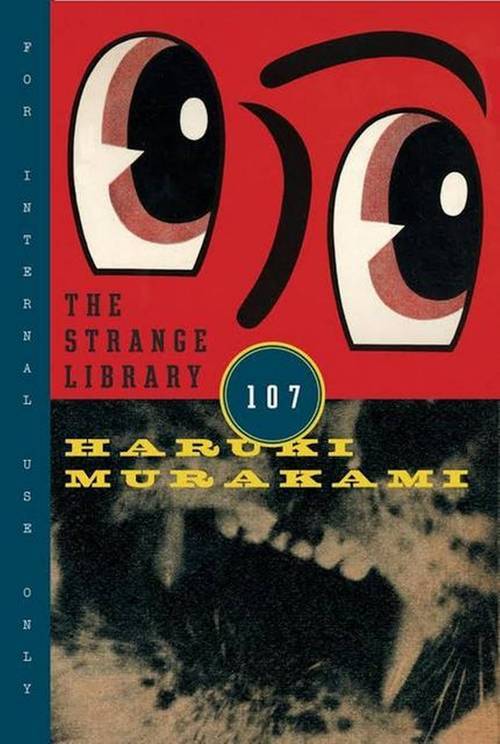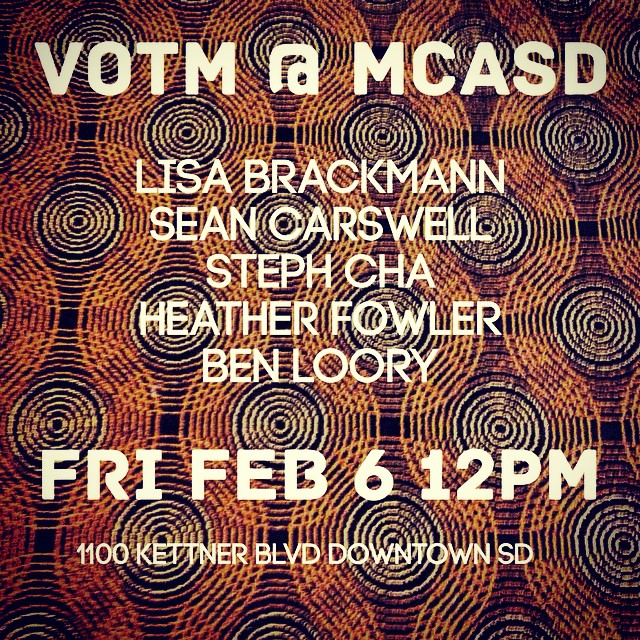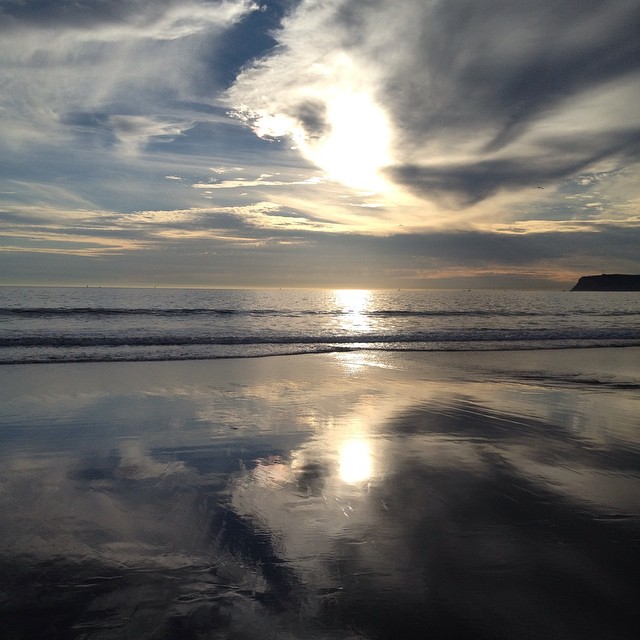
It’s The Floating Library vs. The Strange Library, by advice columnist Haruki Murakami. Maybe you’ve heard of him?
Murakami’s stories of ordinary people who wander into extraordinary circumstances have become somewhat predictable over the years, and his mild surrealism typically isn’t enough to rescue plots that don’t really go anywhere. Perhaps The Strange Library would be different.
Read the rest of the review here. Also, some remarks about books by Yoko Ogawa, Mary Yukari Waters and Marie Mutsuki Mockett.










